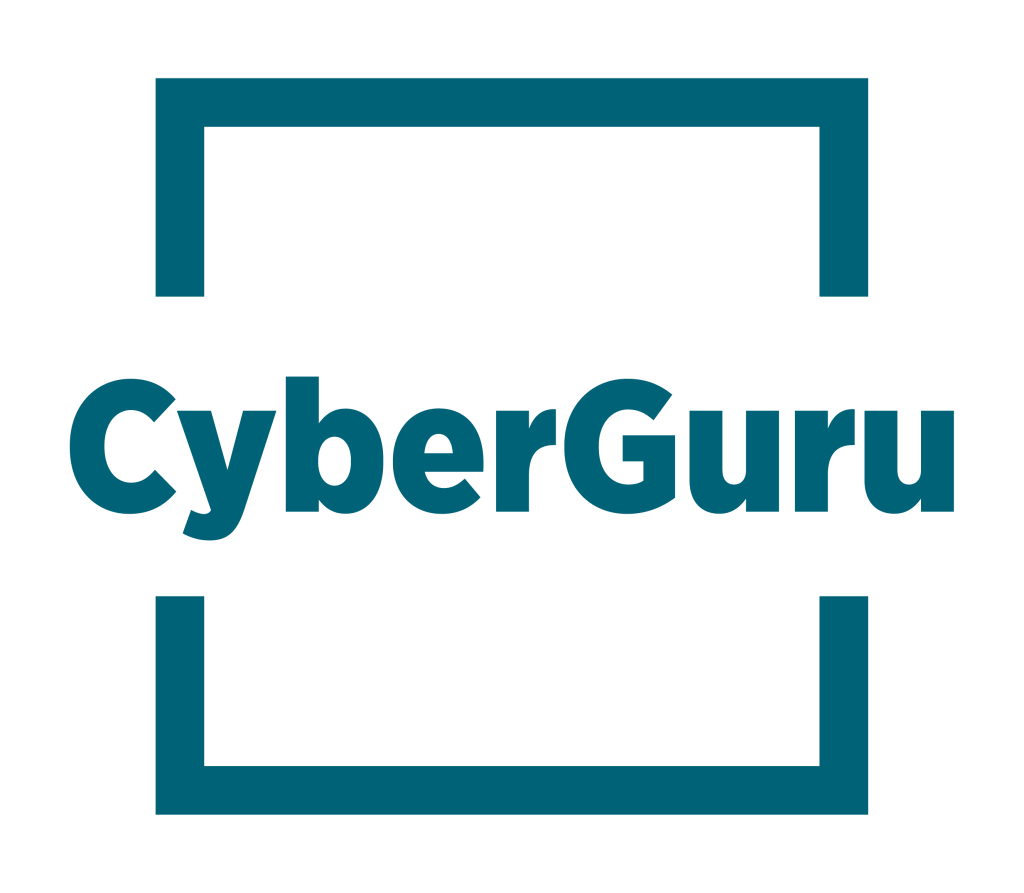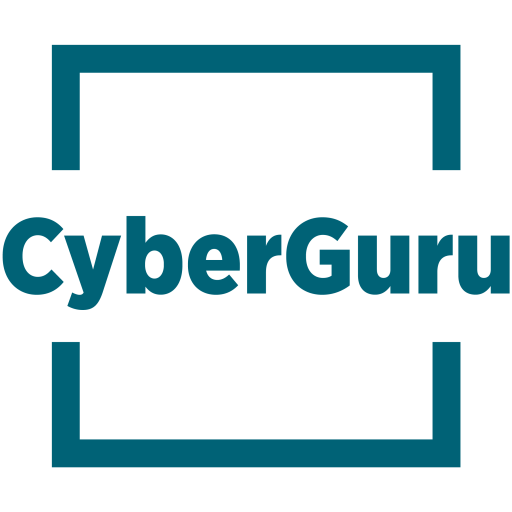You might have seen recent announcements about crucial enhancements and requirements aimed at bolstering email security and ensuring successful delivery to Google and Yahoo email addresses. These changes are designed to refine the email authentication process, safeguard against spam, and verify the authenticity of senders.
The key components of these changes involve the implementation of three essential technologies:
- DKIM (DomainKeys Identified Mail): DKIM allows your emails to be digitally signed, providing an additional layer of trust and authenticity.
- SPF (Sender Policy Framework): SPF maintains a list of authorized servers that are permitted to send emails on your behalf. It helps prevent unauthorised sources from sending emails using your domain (also known as email spoofing).
- DMARC (Domain-based Message Authentication, Reporting, and Conformance): DMARC provides guidelines on how to handle emails that haven’t been properly signed. It ensures that recipients receive legitimate emails and reduces the risk of phishing attacks.
Starting this February, Google and Yahoo are enforcing these requirements, initially targeting bulk senders and organisations that dispatch over 5,000 email messages daily. The consequences of not implementing these email authentication changes are significant: your emails may end up marked as spam or, worse, be undelivered altogether.
Moreover, we anticipate that other email providers, including Microsoft, will follow suit. Therefore, it’s prudent to proactively address these changes.
Without getting too technical, implementing these new changes will involve making adjustments to your domain name. These modifications will enhance your email security, improve deliverability, and safeguard your reputation.
We are happy to assist you in implementing these important changes. If you’d like further insights into how these changes impact you, please feel free to reach out to us.


